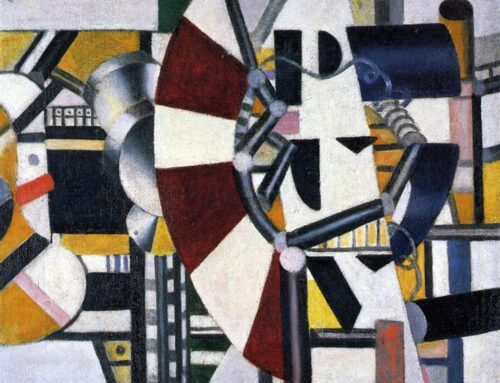Technology’s cost, humanity’s price: whether we understand the ways technology asserts its influence even over our most basic self-understanding
Modern science and the total state, as necessary consequences of the nature of technology, are also its attendants. The same holds true of the means and forms that are set up for the organization of public opinion and of people’s everyday ideas. Not only are living things technically objectivized in stock-breeding and exploitation, but the attack of atomic physics on the phenomena of living matter as such is in full swing. At bottom, the essence of life is supposed to yield itself to technical production. The fact that we today, in all seriousness, discern in the results and the viewpoint of atomic physics possibilities of demonstrating human freedom and of establishing a new value theory, is a sign of the predominance of technological ideas whose development has long since been removed beyond the realm of the individual’s personal views and opinions. The inherent natural power of technology shows itself further in the attempts that are being made, in adjacent areas so to speak, to master technology with the help of traditional values; but in these efforts technological means are already being employed that are not mere external forms. For generally the utilization of machinery and the manufacture of machines is not yet technology itself—it is only an instrument concordant with technology, whereby the nature of technology is established in the objective character of its raw materials. Even this, that humanity becomes the subject and the world the object, is a consequence of technology’s nature establishing itself, and not the other way around….
In place of all the world-content of things that was formerly perceived and used to grant freely of itself, the object-character of technological dominion spreads itself over the earth ever more quickly, ruthlessly, and completely. Not only does it establish all things as producible in the process of production; it also delivers the products of production by means of the market. The humanness of humanity and the thingness of things dissolve, within the self-assertive production, into the calculated market value of a market that not only spans the whole earth as a world market, but also, as the will to will, trades in the nature of Being and thus subjects all beings to the trade of a calculation that dominates most tenaciously in those areas where there is no need of numbers.
Martin Heidegger, “What are Poets For,” in Poetry Language Thought (trans. A Hofstadter, revised)






Leave A Comment